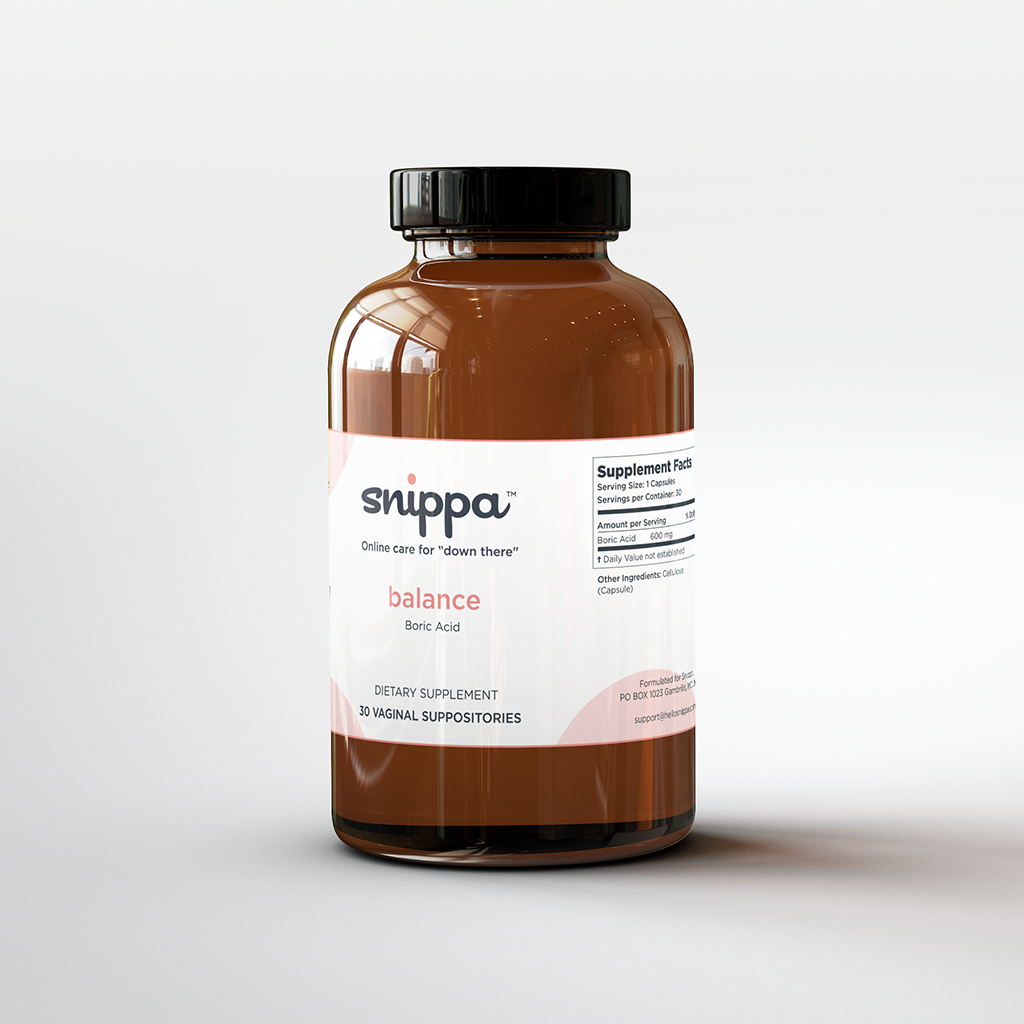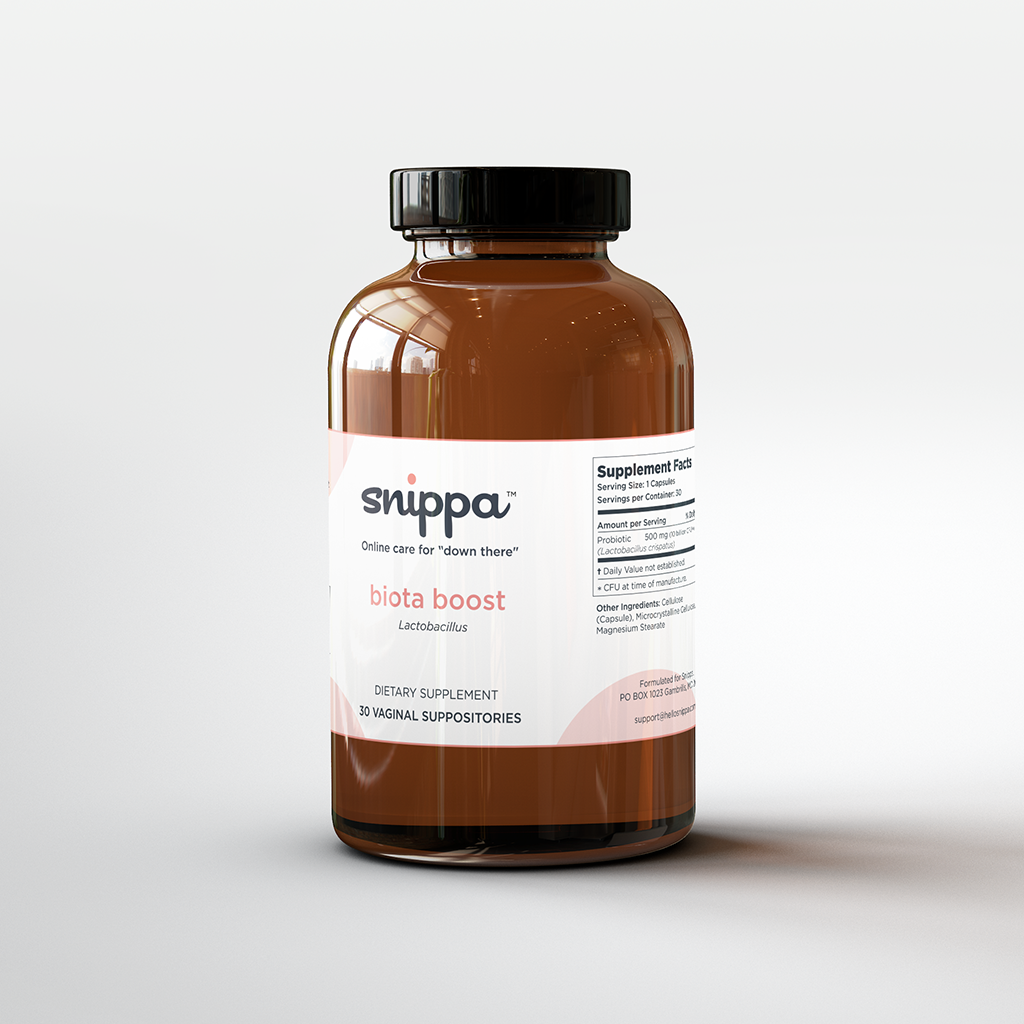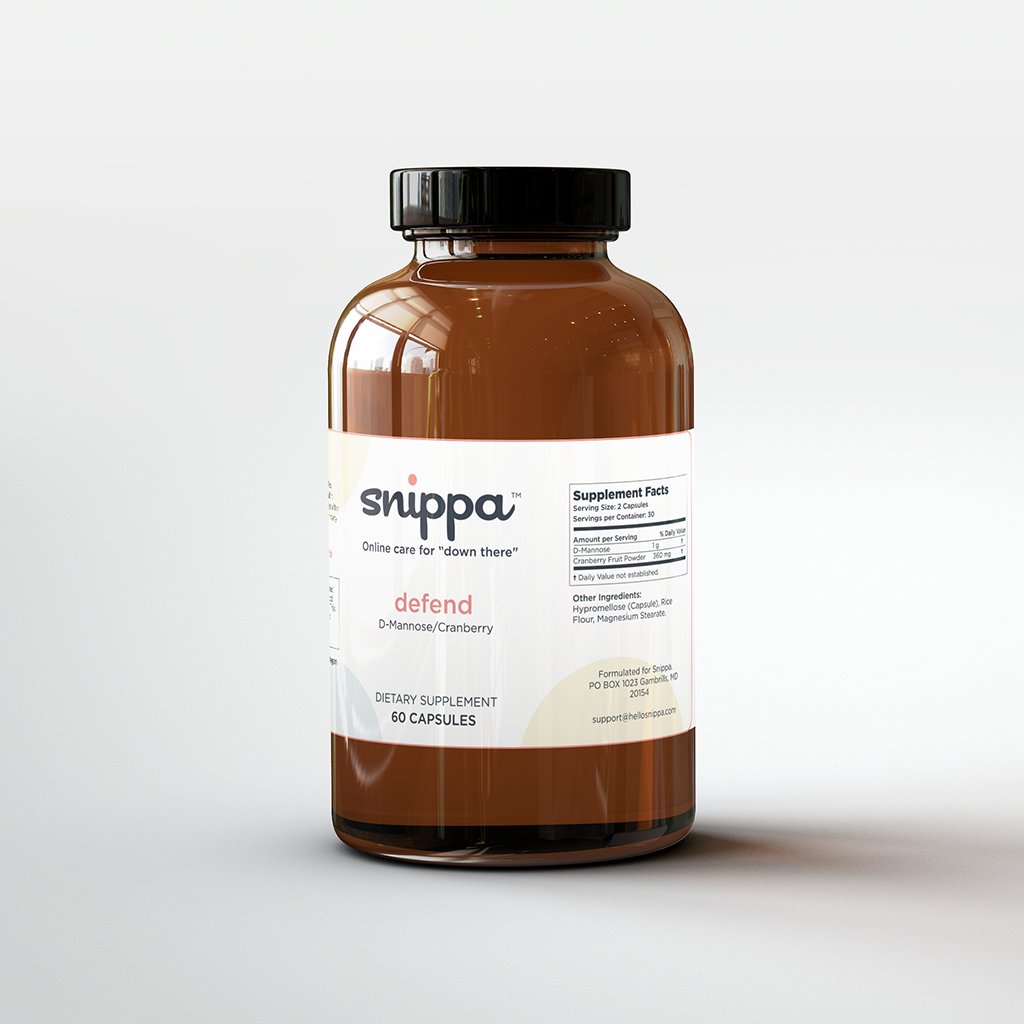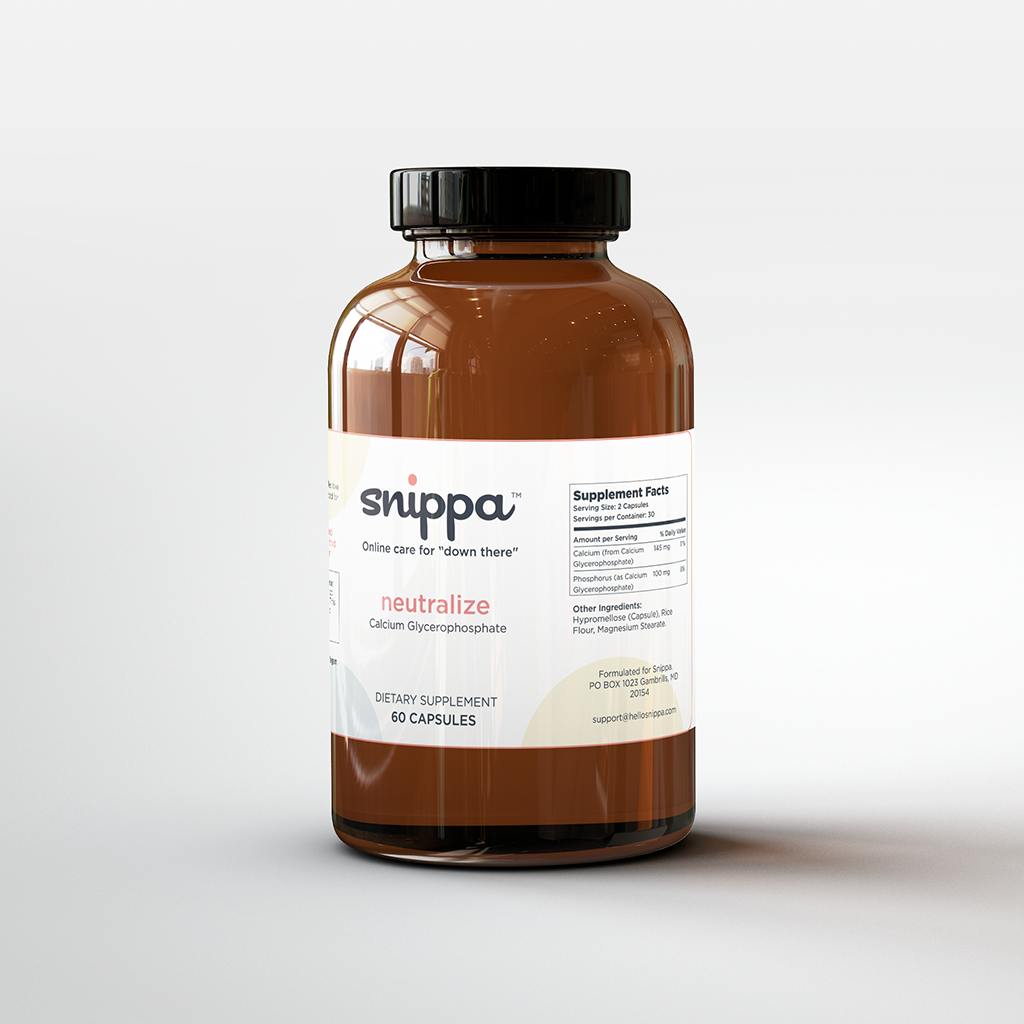Female sexual dysfunction (FSD) is a common condition affecting nearly half of all women.
FSD has received comparatively little attention relative to the research into and resources directed towards male erectile issues. Many reasons contribute to this neglect, including stigmas and stereotypes, the hesitancy of providers to initiate these conversations, and the reluctance of patients to seek care because of the perception that no effective treatment alternatives exist.
In order to effectively address FSD, a provider has to ask about and understand a woman’s concerns and priorities.
Facts about (FSD):
- FSD is not any ‘one’ thing. It encompasses several conditions related to female sexual function.
- FSD can affect sexually active women of all ages and in different ways at different times in their lives.
- FSD is associated with an impaired quality of life and interpersonal relationships.
- FSD can be associated with other health conditions, including cardiovascular disease.
- FSD symptoms can often be treated and/or significantly improved.





